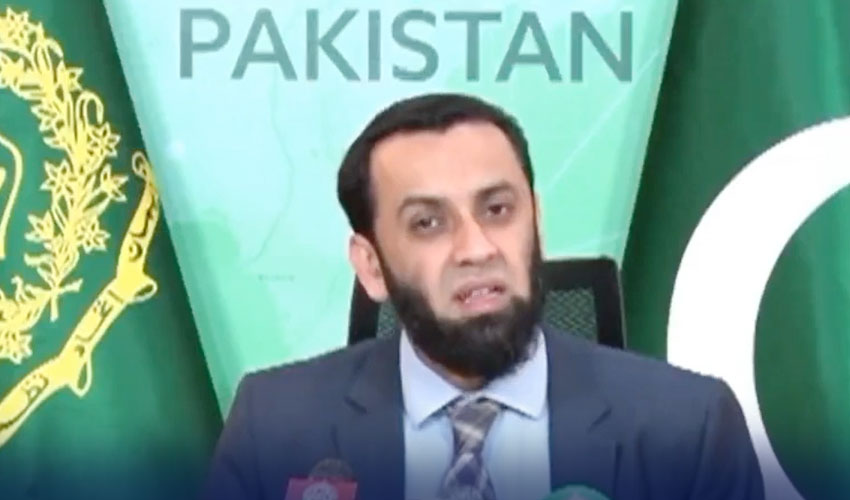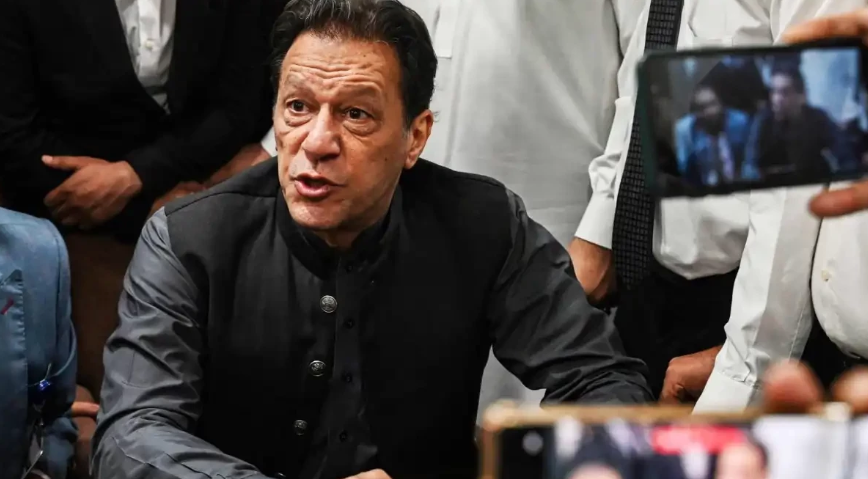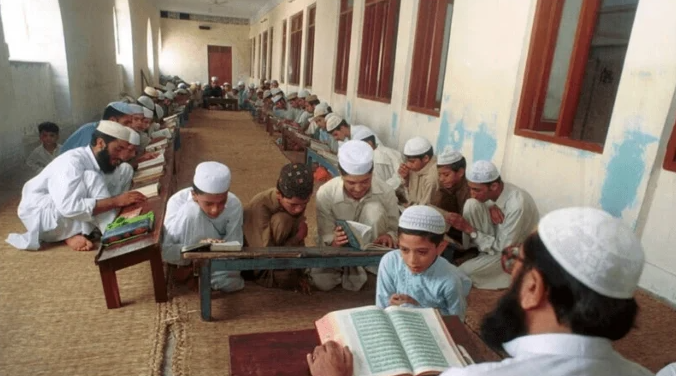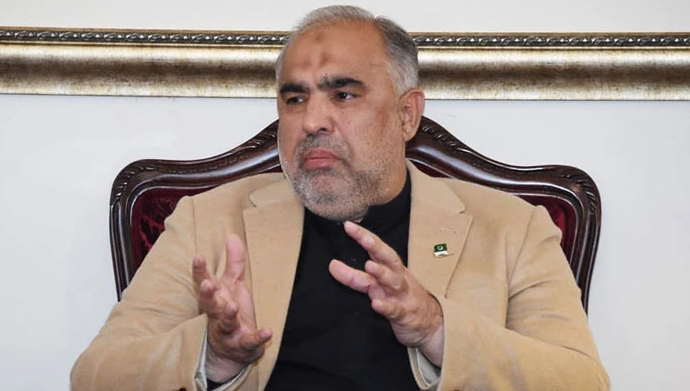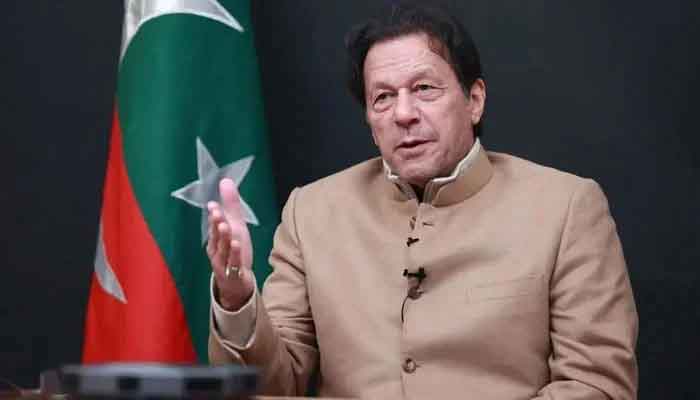POLITICS & POLICY MAKING
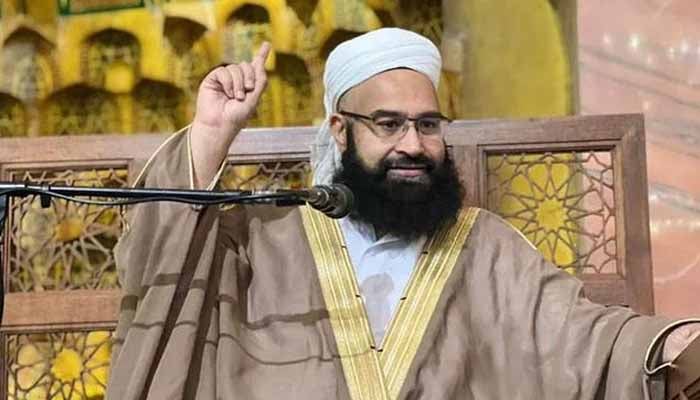
Chairman of the Pakistan Ulema Council (PUC), Maulana Tahir Ashrafi, has emphasized the right of madrasas to register with the Ministry of Education, likening it to the rights of other institutions to register with the Ministry of Industries.
Speaking at a press conference in Karachi, Maulana Ashrafi highlighted that madrasas have been affiliated with the Ministry of Education since 2019. “This affiliation was a long-standing demand of the religious community, and we welcomed it wholeheartedly,” he said.
Addressing Fears of Curriculum Change
The PUC chairman sought to dispel fears regarding potential changes to madrasa curricula, stating, “There is no question of altering the curriculum of madrasas. This impression that scholars or schools of thought are at odds with each other is baseless.” He reiterated that madrasas remain focused on their mission of imparting religious education without engaging in controversies or conflicts.
Agreement with Religious Scholars
Maulana Ashrafi acknowledged the agreement on madrasas signed by notable scholars such as Maulana Taqi Usmani, Mufti Muneeb, and others. He expressed respect for these scholars and emphasized the importance of mutual recognition, saying, “We have accepted the government’s decision to grant board status to other institutions. Similarly, our institutions have also been given the status of a board, and this should be accepted by all.”
Independence from Government
Clarifying his stance, Maulana Ashrafi stated that his advocacy was purely for the rights of madrasas and not driven by any governmental affiliation. “I am speaking for my rights and have nothing to do with the government,” he asserted.
Broader Context
The integration of madrasas into the Ministry of Education has been a significant step toward modernizing religious education in Pakistan. While some concerns remain, Maulana Tahir Ashrafi’s statements underline the importance of dialogue and mutual respect among scholars and educational institutions.
